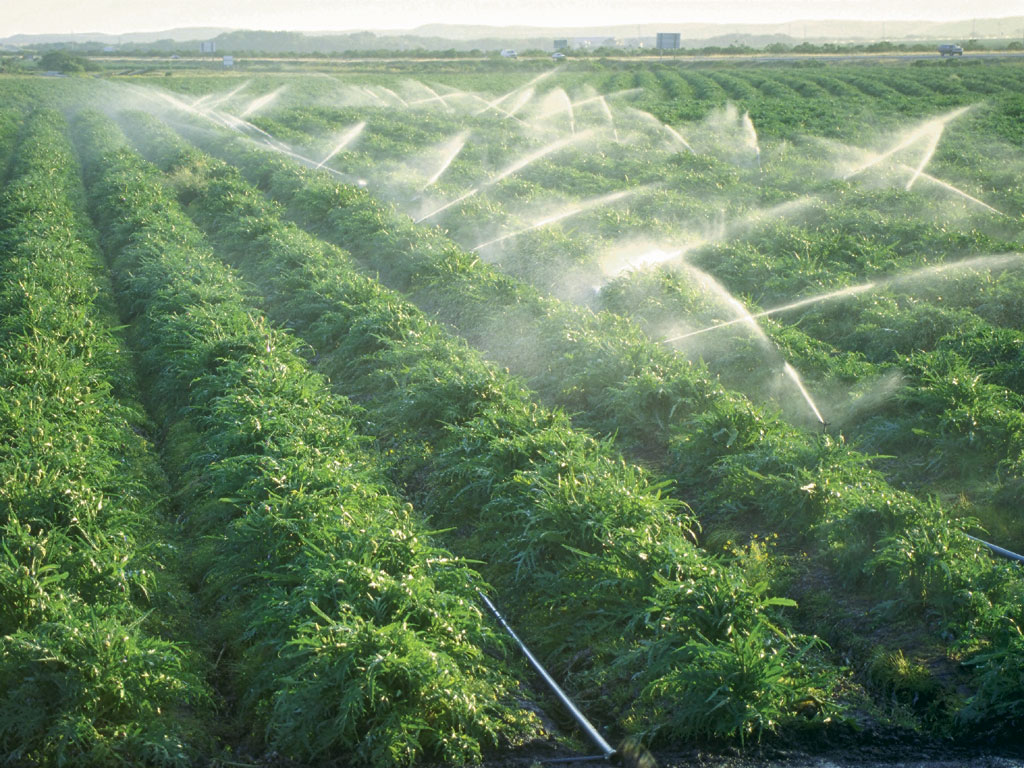EDITORIAL COMMENT : Command Agric cheats must be punished

Many of last year’s economic problems, from cash shortages to delayed payments for imports, were a direct result of the drought hitting an already fragile agricultural sector.
Exports sank while Zimbabwe had to divert a lot more of the limited export earnings to importing basic grains and other foods, both for private millers and processors and for Government food aid schemes.
No one is going hungry, but no one can claim that what happened was good for the country.
Droughts cannot be controlled, but a more robust farming sector with more irrigation, more finance and more resources can cope better with drought and produce some serious exports in good years. In both respects, Zimbabwe and its economy become stronger.
To help accelerate the transition to this needed stronger farming sector, the Government introduced Command Agriculture late last year. It is not and was not designed to be, a cure-all for our economic problems.
But it was intended to ensure that a large number of competent farmers with a good track record could take advantage of a predicted good rainy season, predictions that are coming true so far and grow the bulk of Zimbabwe’s food, slashing imports and starting the export climb we need.
Past experience suggested that farmers needed to be carefully selected, going for those with a record of both competence and honesty who would use the allocated inputs properly and fully. And it has been made clear to those thinking of cheating that the Government would be checking up on those chosen.
Everything supplied by Government to make Zimbabwe food-self-sufficient must be accounted for at the end of the day.
If successful, the scheme could be expanded in future years and would also help expand that group of reliable farmers that the agro-business manufacturing sector could approach with quality contracts, ensuring that adequate inputs reach a far higher number of good farmers in future.
However, there were others who saw the Command Agriculture scheme as a source of fast dishonest wealth. The latest attack on the farmers saw a truck-load of fertiliser allocated to a farmers group stolen. The police moved fast and have arrested suspects and brought them to court, although unfortunately the fertiliser appears lost forever.
As with most crime, the real deterrent is not so much the sentencing, which simply needs to be adequate in the circumstances, but the near certainty of being arrested and convicted. So long as criminals are caught and enough evidence for their conviction is found, then crime becomes less a route to quick riches and more a journey to jail and poverty.
So the rapid action by the police is appreciated. But this crime also highlights the need for additional checks at the edge of Command Agriculture. Lists of honest and reliable transport companies with approved rates would help many farmers and presumably many other farmers could avoid nightmares if all service providers were checked out.
Most people are honest; that is why society functions with so few in jail. But the honest are not always the best judges of people and that is why we need to build up data banks of the reliable businesses and farmers and ensure that the police can catch the criminals when we make a mistake.







Comments